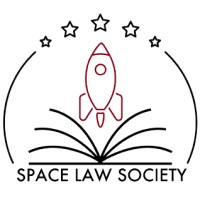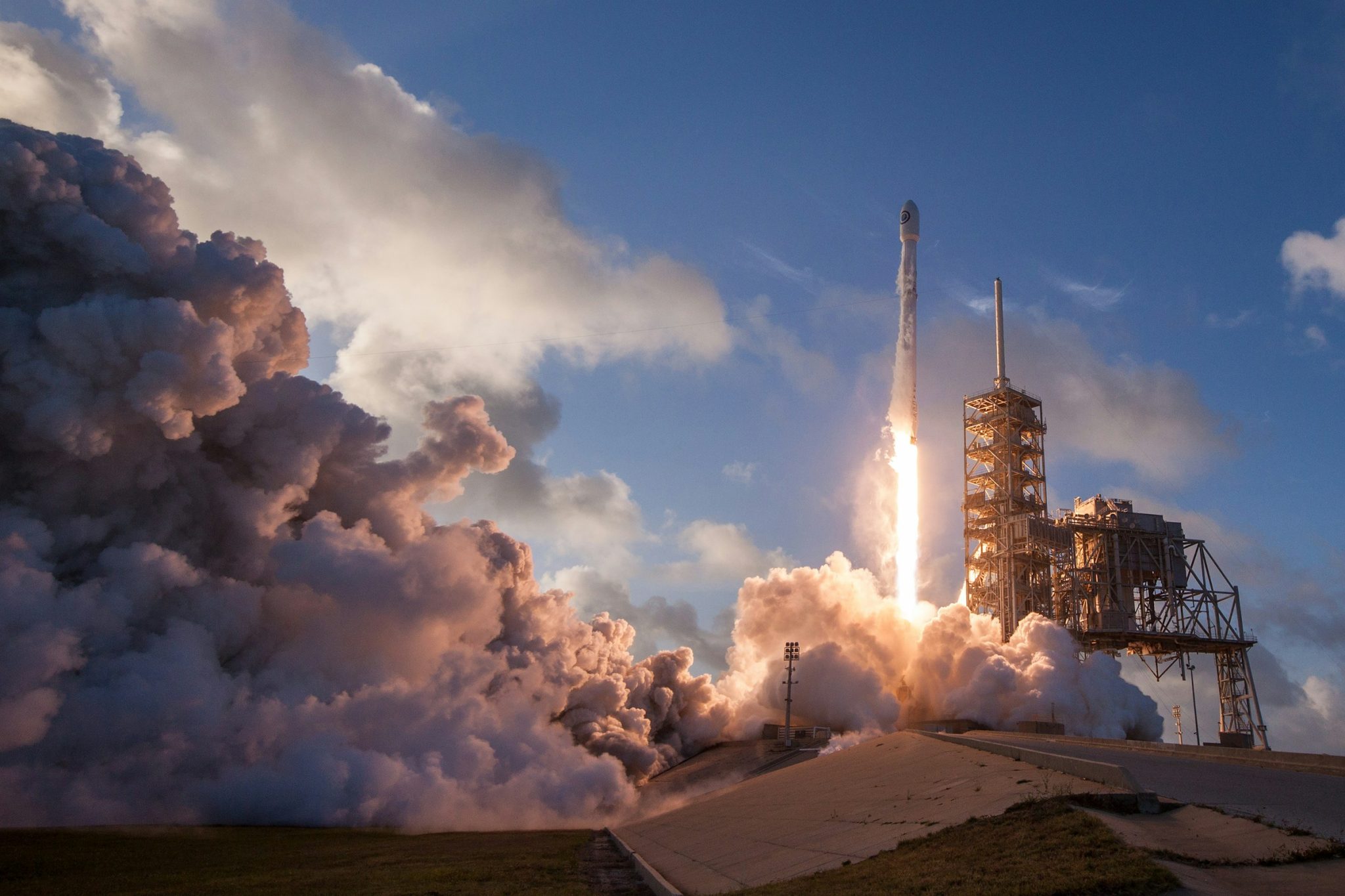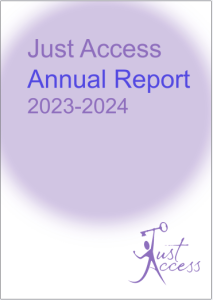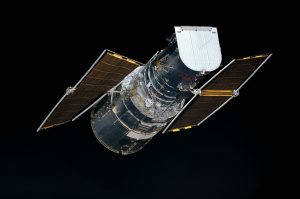human rights in space, china, colonisation of space, elon musk, human rights, human rights in space, international space law, lunar base, mars, mars base, moon, Outer Space Treaty, self-determination, self-government, settlers, space colonisation, space law, starlink, United States

University of Ottawa Space Law Society
human rights in space

Matthew Patten
Guest Contributor

Ola Mirzoeva
Guest Contributior
Human rights in space may feel like a far-flung concept, given the ongoing challenges impacting individuals and populations on Earth; but the time to start thinking about this issue is now, at the dawn of a new space age that will see a permanent human presence established on the Moon and even Mars.
The twentieth century was pivotal for humankind.┬Ā Faced with the atrocities of the displacement and dispossession of Indigenous lands, war, and genocide, humanity came together to create the United Nations Declaration on Human Rights (UNDHR). The of the UNDHR specifically points to how ŌĆ£disregard and contempt for human rights have resulted in barbarous acts which have outraged the conscience of mankindŌĆØ. The declaration also affirms the right to take part in government (Art 21), freedom of movement (Art 13), and right to life, liberty and security of the person (Art 3). As humanity enters a new space age, with nations and private companies aiming to establish a permanent presence on the Moon and Mars, can human rights in space be adequately protected?
We must ask ourselves: have we learned from humanityŌĆÖs mistakes on Earth before we make the next giant leap into the cosmos?
Existing Legal Framework Applicable to Human Rights in Space
The principal legal framework that governs the use and exploration of outer space is the ┬Ā(OST). Ratified by 115 Nations, the OST emphasises peaceful cooperation in the exploration and the use of outer space. It mandates that space-faring nations (and non-state actors) conduct space activities in accordance with general international law, including human rights (Art III). The OST further affirms the equality of nations (Art I) and rejects the idea of claims of sovereignty in outer space, including on celestial bodies (Art II).
The Colonisation of Space is Under Way
Though humans have yet to return to the Moon, we have begun to see the colonisation of space by private actors populating Low Earth Orbit with satellite mega constellations. By launching thousands of satellites, with the plans for thousands more to come, Elon MuskŌĆÖs Starlink has effectively laid a claim to over two-thirds of the available low-Earth orbit space for satellites. ┬Ā
The recent trend of private actors challenging and seeking to shape international norms does not bode well for learning from humanity’s past mistakes. ┬ĀWhile the question of defining what non-appropriation means in space remains a subject of debate, adding humans to long-term space settlements will pose even more governance challenges and human rights questions.
Support our work!
We can only do our work thanks to the support of brave, passionate people like you!
Your donation will help us to keep fighting for human rights and access to justice for everyone, everywhere.
Both the US through the Artemis Program and China through the International Lunar Research Station have launched projects to establish permanent lunar installations.┬Ā The question remains if these installations will be controlled by a single State, a private corporation or consortium, or if they will be internationally governed in a manner reflecting the spirit of cooperation adopted by parties to the OST.┬Ā ┬ĀGiven the current climate in the US, the latter is doubtful. For example, the current head of NASA made this explicit when he stated, ŌĆ£the way we keep America first is by dominating in all the domains of space. And the domain of space we’re going to capture [ŌĆ”] is going to be on the surface of the moon, and around the moon.”
If these lunar installations and their surrounding area are under the control of a single State, this could violate OST Article II as this could create de facto property claims to the lunar area where they are located.┬Ā But the attitudes espoused by those in power seem not to recognise this reality.

A Path Forward: Mission planning with a view to safeguarding human rights in space
We must learn from our errors on Earth to avoid repeating human rights abuses and violations in outer space that disregarded the rights of individuals or groups and privileged those of others ┬Ā
Self-determination rights are one example. As self-determination rights have been recognised on Earth in the context of formerly colonized peoples, it may be prudent to recognise these rights in relation to outer space colonies before situations of oppression and colonialism arise. Moreover, the survival of early settlers is closely tied to their ability to navigate both the surrounding environment and supporting technology, placing them in the best position to make informed decisions about resource use and environmental stewardshipŌĆödecisions a distant Earth-based authority (country or company) may lack the context or incentive to make.
Elon Musk has made his ambitions to ŌĆ£colonize MarsŌĆØ on an accelerated timeline widely known. Starlink requires customers to agree in the terms and services to ŌĆ£recognise Mars as a free planet and that no Earth-based government has authority or sovereignty over Martian activities. […] and that disputes will be settled through self-governing principlesŌĆØ.
On the surface, this seems like a step toward supporting self-determination and self-governance, but it must be viewed in the context of its sourceŌĆöa private company seeking to profit from developing off-planet infrastructure. ┬ĀTying self-governance to the terms and conditions of a corporation replaces government-led colonialism with private company led colonialism (think of, for example, of the HudsonŌĆÖs Bay Company or the Dutch and English East Indian Companies).┬Ā
First settlements should be organised in a human rights-centred way that aligns with the foundational idea that space is for all.
Humankind must not repeat the mistake of violating human rights as we venture into the stars. The first settlements should be organised in a foundational way that centres human rights in space and re-affirms that space is for all, and that international law applies. Early crewed missions to the Moon (and analogue missions) offer an opportunity to develop and test deep space self-governance models and to design off-earth life, including habitats and work environments with human rights as a central tenet.┬Ā Using the existing principles and articles of the OST and the UNDHR, humanity can avoid the pitfalls of the past and leap forward together into a new space age.┬Ā
Just Access e.V. is a non-party political organisation, whose mission is to support human rights and access to justice worldwide. ┬ĀThe views and opinions expressed in this piece and those of the authors, and do not necessarily represent those of Just Access e.V.┬Ā
Subscribe to the Just Access newsletter
Don’t miss any of our blog posts, or any of our other great content!
Stay up to date with our work by subscribing to the Just Access Newsletter (six mailings per year).









